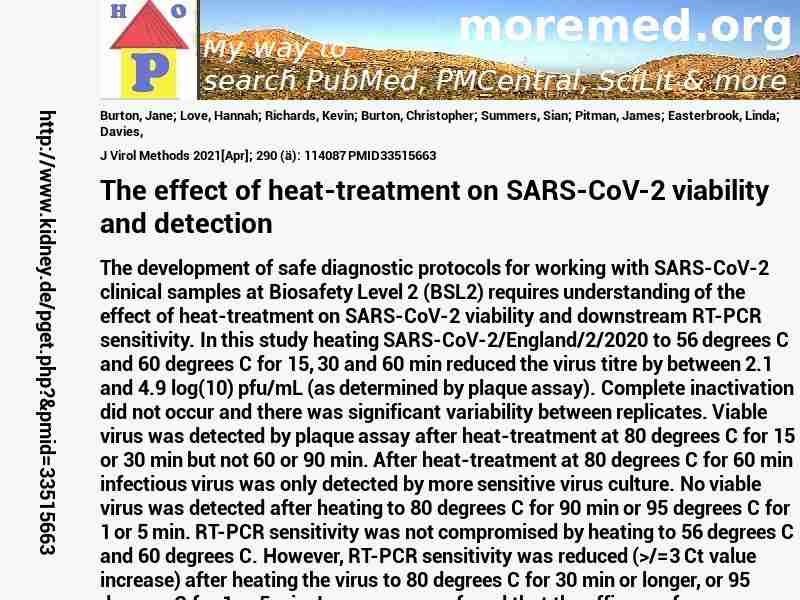10.1016/j.jviromet.2021.114087
http://scihub22266oqcxt.onion/10.1016/j.jviromet.2021.114087

33515663!7840429!33515663
 free free
 free free
 free free
|  
Deprecated: Implicit conversion from float 233.6 to int loses precision in C:\Inetpub\vhosts\kidney.de\httpdocs\pget.php on line 534
Deprecated: Implicit conversion from float 233.6 to int loses precision in C:\Inetpub\vhosts\kidney.de\httpdocs\pget.php on line 534
 J+Virol+Methods 2021 ; 290 (ä): 114087 J+Virol+Methods 2021 ; 290 (ä): 114087
Nephropedia Template TP
gab.com Text
Twit Text FOAVip
Twit Text #
English Wikipedia
|

 free
free free
free free
free